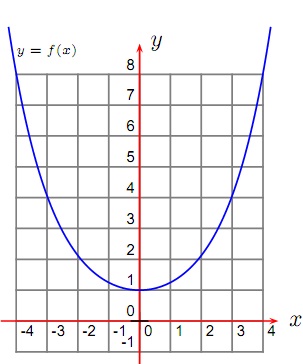1. Solve the subsequent functions for x (where x is a real number). Leave your answers in precise form,
(a) 3x3x23x3 = 331x
(b) 4e2x = 21 − e4x
(c) log2(x − 10) + log2(x) = log2(119)
2. A manager has determined the cost C, in dollars, for manufacturing is
C(q) = 85 log10 (10 + q/2)
for manufacturing, where q is the number of units produced in a given day.
(a) What is cost of manufacturing before any units are produced?
(b) What is cost of manufacturing if 1980 units are produced in a given day?
(c) How many units would be produced if the cost of manufacturing is $150 in a given day?
3. Find out all solutions of the following equations in the interval [0, 2 π)
(a) sin(2x) =√2 cos(x).
(b) 2 cos2(x) + 3 sin(x) = 3.
4. (a) Sketch the graph of the circular function
f(θ) = 1 − 2 cos(3θ + π)
i. State clearly the amplitude, phase shift, period and the equation of the midline.
ii. Show working for all θ- and y-intercepts for the function y = f(θ).
iii. Show at least two periods for the graph of y = f(θ), and label the axes clearly.
(b) Prove the following identity
2 sin(1/2(x + y)) cos (1/2(x − y)) = sin(x) + sin(y) .
Make sure you demonstrate all working and give clear explanations.
5. Consider the function
f(x) = ½ (2x + 2−x)
which has the graph

(a) Elucidate why f has no inverse function. You must include an example to support your explanation.
(b) Determine the largest possible domain, which includes x = 1, for f(x) such that the inverse function f-1(x) does exist.
(c) Given your answers in (b) find the inverse function f-1(x). Clearly elucidate key steps and show all working.
(d) Sketch the graph of y = f(x) for the restricted domain in (b) and y = f-1(x) on the same set of axes. All points of intersection and axes-intercepts should be easily determined from your sketch or clearly labeled. Furthermore axes must be clearly labeled with appropriate scaling.